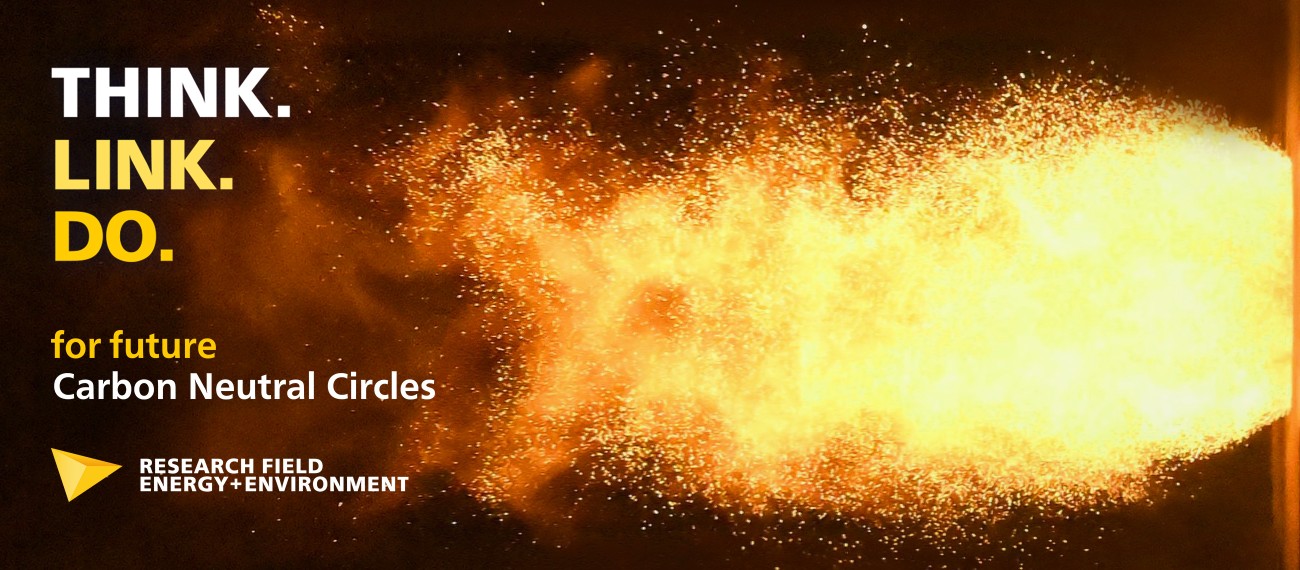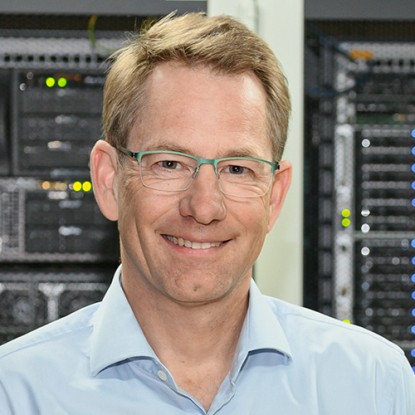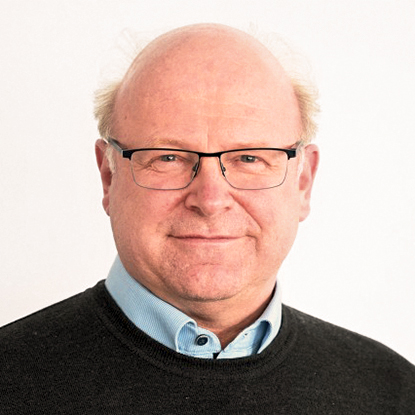|
Summary:
|
The purpose of this project is to connect the disciplines of combustion science and advanced manufacturing for enabling a fuel flexible, clean, efficient, and safe thermochemical energy conversion of hydrogen-based fuels, such as hydrogen and ammonia, and their blends with methane or natural gas. The advancement of hydrogen-containing fuel technologies requires the increase of thermal efficiencies and reduction of pollutant emissions, while considering stability, fuel flexibility, and safety. These goals will be achieved within this project by a combination of simulation-based design with innovative manufacturing processes, such as additive manufacturing, which allows for a large degree of freedom in design and the choice of materials.
|



